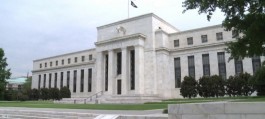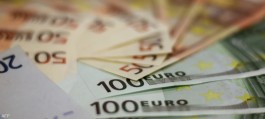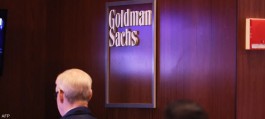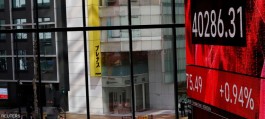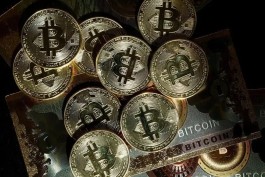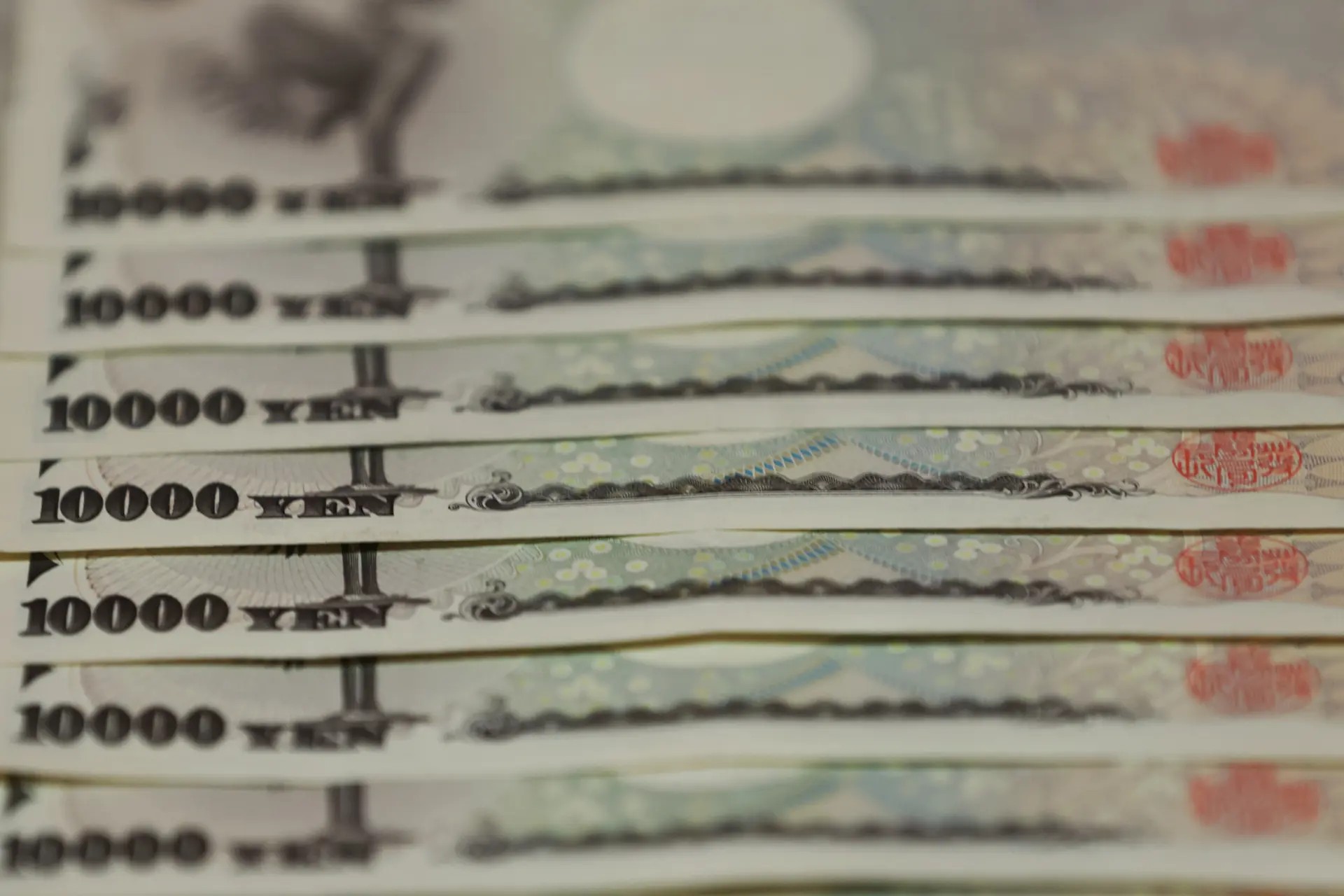The Japanese yen remained near the 160 level against the dollar on Tuesday, keeping market traders on alert for possible intervention by Japanese authorities to support the currency. The US dollar saw a slight rise in the broader market.
The dollar edged up 0.04% to 159.64 yen, approaching the threshold that previously triggered major intervention by Tokyo, which amounted to 9.79 trillion yen ($61.33 billion) in late April and early May. The prospect of another intervention has kept traders cautious, keeping the yen trading in a tight range.
Chris Weston, head of research at Pepperstone, noted the market’s fears, noting that traders are wary of the risks of selling the Japanese yen. He reiterated the warning to currency speculators and those who engage in carry trades, noting that they could face a sudden and significant drop in the USD/JPY exchange rate if they hold onto their positions.
The latest yen slide comes on the heels of the Bank of Japan’s June policy meeting, where hopes for an immediate reduction in bond purchases failed to materialize, disappointing some investors. Minutes from Monday’s meeting showed the central bank discussed the possibility of a near-term interest rate hike, with one policymaker calling for a rate hike without significant delay.
In other currency news, the US dollar strengthened ahead of Friday’s US personal consumption expenditures (PCE) price index, which the Federal Reserve closely watches as a gauge of inflation. The pound eased slightly to $1.2683, the Australian dollar fell to $0.6655 and the New Zealand dollar also saw a slight decline to $0.6120.
Political events are also weighing on markets, with anticipation growing for the first US presidential debate between President Joe Biden and former President Donald Trump on Thursday, and French elections set to begin later this week. The euro edged up slightly to $1.0734 but is on track for a monthly loss due to political instability in France after President Emmanuel Macron unexpectedly called for early elections.
The dollar index, which measures the greenback against a basket of currencies, was steady at 105.49. Analysts at Sumitomo Mitsui Banking Corp (NYSE:SMFG) noted that the French elections on June 30 could weigh on the euro, especially if the political situation remains uncertain, which could lead to further weakness against the dollar.
In the cryptocurrency space, Bitcoin recovered, rising nearly 1.5% to $60,349, after experiencing its worst day in more than two months earlier in the week. The recovery comes after six days of outflows from Bitcoin exchange-traded funds (ETFs). Pepperstone’s Weston described Bitcoin as a momentum instrument that is currently in a bearish trend, advising that the selloff should subside before a potential stabilization.

















